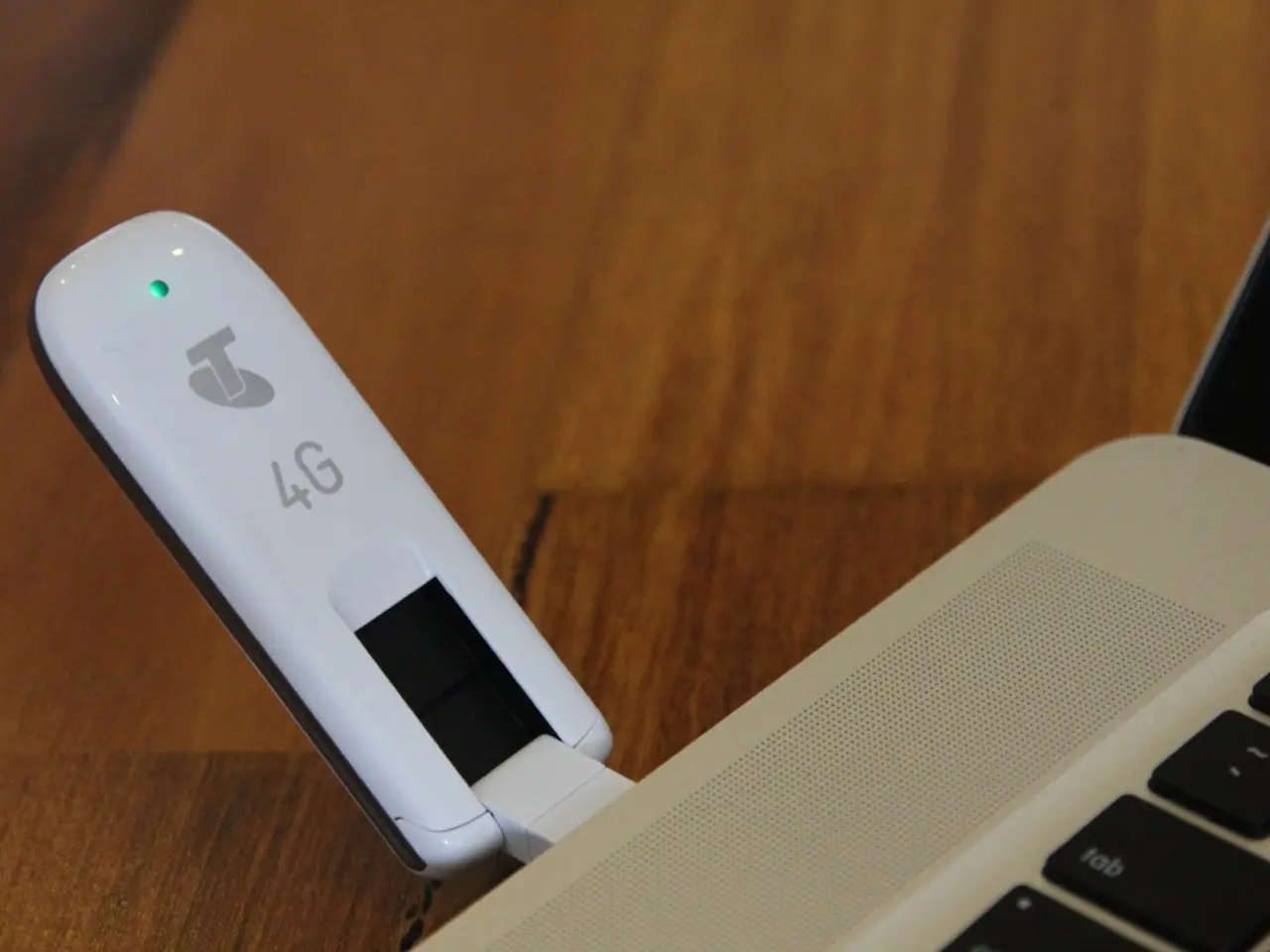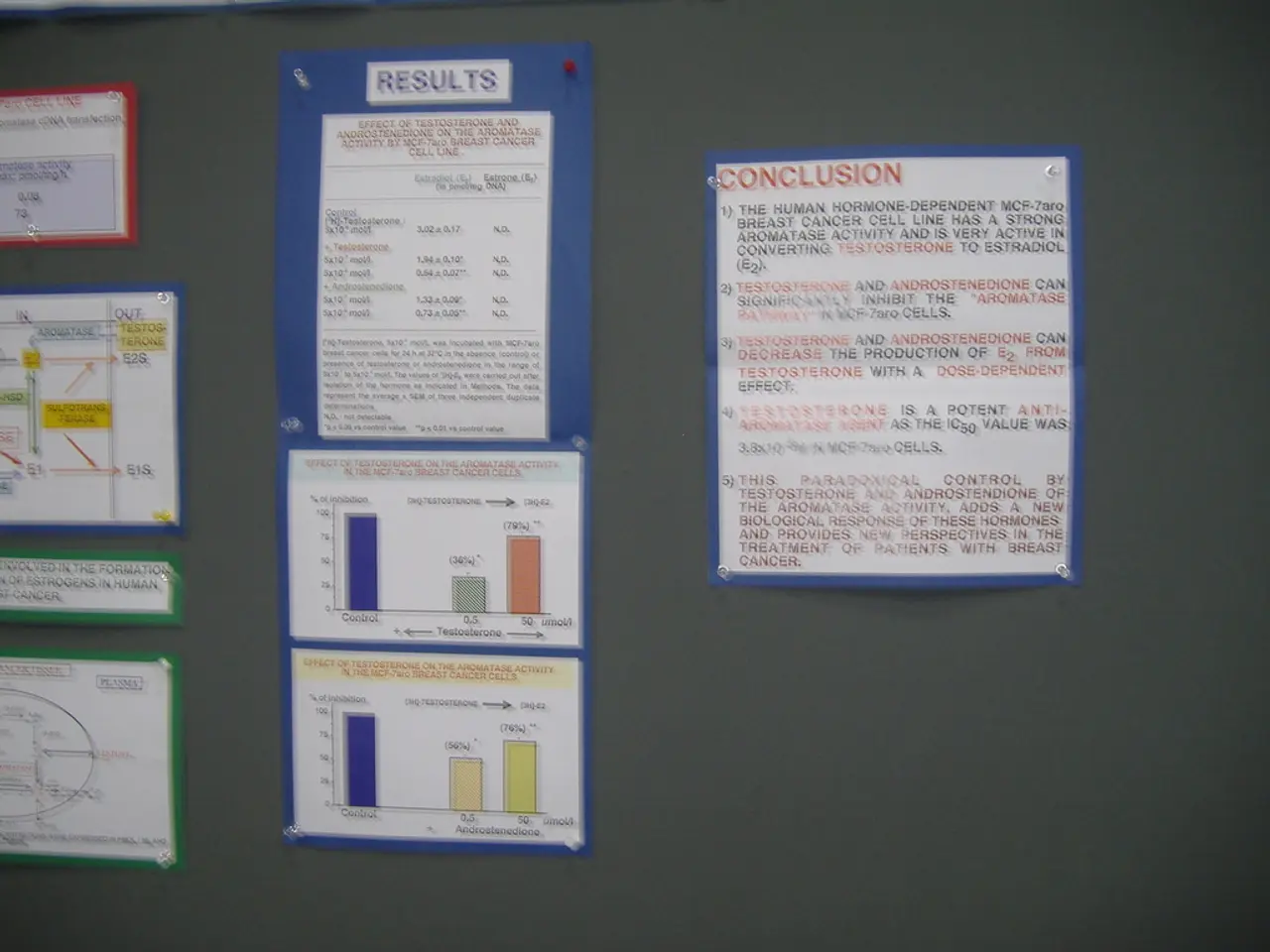Determining the Right Time for Business Hardware Upgrades: PC Edition
In today's fast-paced business environment, the importance of staying competitive, innovative, and agile cannot be overstated. One key aspect that often goes unnoticed is the role of up-to-date hardware in achieving these goals.
Outdated PCs can pose significant challenges for businesses, from slowing down productivity and performance to hindering the adoption of the latest enterprise applications and cutting-edge technologies like AI. If PCs cannot run the latest essential software or applications, they become a hindrance to progress, and this is a clear sign that hardware is no longer fit for purpose.
Slowness and lag are other telltale signs that hardware is struggling to keep up with workloads. Slow boot times, crashing apps, or delays that reduce employee efficiency are all indicators that it's time for an upgrade.
Moreover, if employees are resorting to using unofficial tools due to poor performance of official ones, it's a sign that the current setup is inadequate. This is not only inefficient but also poses security risks, as legacy systems often simplify cyber vulnerabilities, making businesses targets for cyber threats.
Struggling to implement updated security measures may flag hardware limitations. Devices past their warranty or lacking vendor support are costly liabilities and increase downtime risk.
To address these issues, South African businesses should adopt a formal PC lifecycle policy. This policy should be based on user roles and workloads, enabling optimal allocation of resources and timely upgrades. By tailoring hardware purchases to specific departmental needs, businesses can facilitate efficiency and prolong device lifespan.
Moreover, aligning upgrades with sustainability goals is essential. Implementing ethical disposal and recycling of old hardware can minimize e-waste and environmental impact. Upgrading smartly can reduce the overall carbon footprint of IT operations.
Investing in up-to-date hardware capable of supporting AI, automation, and cloud applications is crucial for businesses to remain agile and competitive in shifting markets. Focusing on security as a driver for upgrades is also essential for proactive threat detection and protecting business data during digital transformation.
Werner Joubert, Commercial SYS Business Director (South Africa & SADC) at ASUS, emphasizes the importance of this approach, stating, "By watching these signs and applying such strategic policies, South African businesses can ensure their PC hardware supports evolving business demands while advancing sustainability and competitiveness in the digital age."
In conclusion, a formal PC lifecycle policy provides the opportunity for businesses to integrate technology into their sustainability goals, managing e-waste and lowering carbon footprints. By upgrading their hardware strategically, South African businesses can ensure they remain competitive, innovative, and agile in the digital age.
- Outdated hardware can hinder the adoption of the latest enterprise applications and cutting-edge technologies like AI, making it challenging for businesses to remain competitive and agile.
- Struggling to implement updated security measures may indicate hardware limitations, as devices past their warranty or lacking vendor support can increase downtime risk and security threats.
- Investing in up-to-date hardware capable of supporting AI, automation, and cloud applications is essential for businesses to remain agile and competitive in shifting markets.
- By aligning upgrades with sustainability goals, businesses can minimize e-waste and environmental impact through ethical disposal and recycling of old hardware.
- A formal PC lifecycle policy, based on user roles and workloads, can help businesses optimize resource allocation, facilitate efficiency, prolong device lifespan, and integrate technology into their sustainability goals.




